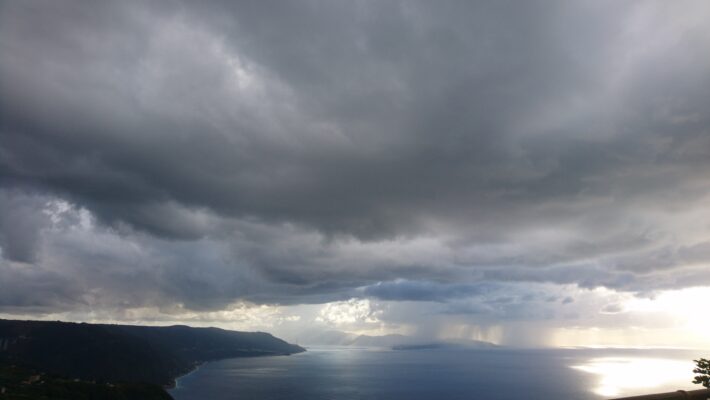Get engaged in the Hub-FAO collaboration on small-scale fishers’ human rights during IYAFA

The Hub and the UN Food and Agriculture Organization (FAO) are launching a deeper reflection on how to ensure the protection of small-scale fishers’ human rights during the International Year of Artisanal Fisheries and Aquaculture (IYAFA). We will start with:
- a high-level event titled “Exploring Challenges, Opportunities and Alliances for the Protection of Small-scale Fishers’ Human Rights” at UN World Oceans Week featuring a video-message from the UN High Commissioner for Human Rights and the presence of the UN Special Rapporteur on Human Rights and the Environment, David Boyd, on Monday 6th June at 13:00-15:00 GMT – register here;
- event at UN World Oceans Week titled “Blue heritage: the role of ocean art and culture in ocean science and management” on Tuesday, 7 June, 13:00-14:30 GMT, to reflect on the role of cultural heritage and the arts to contribute to the protection of small-scale fishers, as well as other ocean-dependent right-holders – register here.
These events are only one of the avenues to learn from small-scale fishers’ representatives and advocates, and for partner organizations to contribute to this effort. In addition to the event, which is open to all, you are warmly invited to:
- comment on this policy brief, which aims to collect insights and case studies showing that protecting small-scale fishers’ human rights contributes to the realization of multiple SDGs. The policy brief will then form the basis for targeted messages to other international bodies throughout the IYAFA and beyond;
- email us a short video (guidance below) with your questions, concerns or insights about small-scale fishers’ human rights and we will integrate these materials in our messaging to relevant UN bodies, as well as in follow-up research and guidance;
- determine the content of a new learning tool that will be co-developed by the Fisheries and Aquaculture Division of FAO and the One Ocean Hub, to respond to the specific learning needs and priorities of small-scale fishers, fishworkers and their communities and advocates related to their human rights. The tool will include short “learning capsules” that respond to fishers’ experiences (including the video above, with the permission of the author), explore real-life scenarios, and offer knowledge to respond to specific challenges identified by small-scale fishers.
The One Ocean Hub is delighted that many other UN representatives and civil society organizations are partnering in these efforts during IYAFA, so we have created a specific webpage to track these evolving partnerships and new insights that can support also others in contributing to the protection of the human rights of small-scale fishers, fishworkers and their communities and advocates.
GUIDANCE on the VIDEOS
In order to ensure that the training adequately captures your experiences, we invite you to submit short video clips answering any of the following questions (Please make individual recordings if you are willing to answer more than one question):
- What is not clear to you about your human rights?
- Can you describe a challenging context(s) where the realization of your human rights may be at risk?
- Have you observed any violations of human rights in your working environment?
- If so, tell us whether there are any options available to you to seek justice and protection of human rights in your working environment.
- Can you think of a time when you were able to use the SSF Guidelines to protect your human rights?
Guidelines for submission
Duration of video: 45 seconds to 2-minutes
Note: Do not introduce yourself in the video; the byline accompanying your article will accomplish that.
Presentation: Position / focus the video camera such that it records you at approximately waist level; no more, no less. We will crop it as necessary.
Delivery: Speak clearly, at an adequate volume (not shouting, but strong voice) in preferably a quite space, and make good eye contact with the camera. If possible, rehearse a few times what you will be saying.
Note: Record for at least 5 seconds – looking into the camera – before and after you speak.
Filming: Video should be shot against a white or single-color background if possible (you should have a white / single-color wall behind you). If the camera is not stationary, the camera operator must maintain a still position. Most newer cameras have image stabilization, which should minimize issues.
Note: Record a few tests to ensure adequate lighting.
Submission formats: Videos will be accepted in MPEG (.mpg), AVI (.avi), or MP4 (.mp4) formats.
Important dates: Deadline for video submissions: 31st July, 2022.
Submission method: You can use any of the following methods to submit your video recording(s): (please finalize before distributing)
- Use WeTransfer to send large files and email to: oneocean-hub(at)strath.ac.uk
- Send via Whatsapp to the Hub’s Comms Lead Laura Merilainen. Email Laura (laura.merilainen(at)strath.ac.uk) to request the phone number.